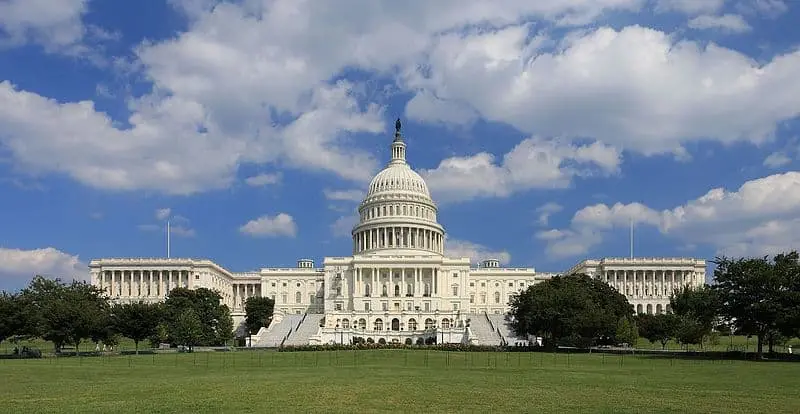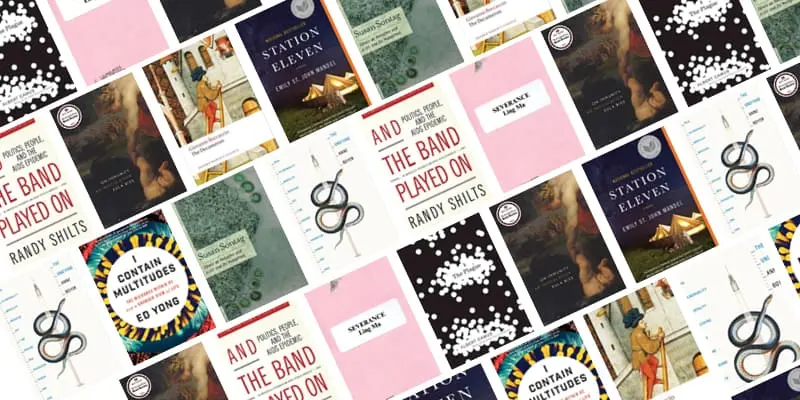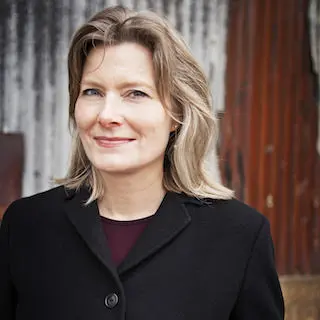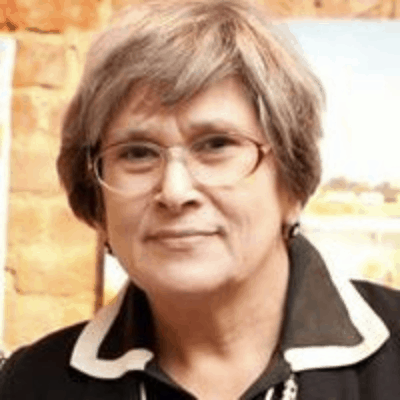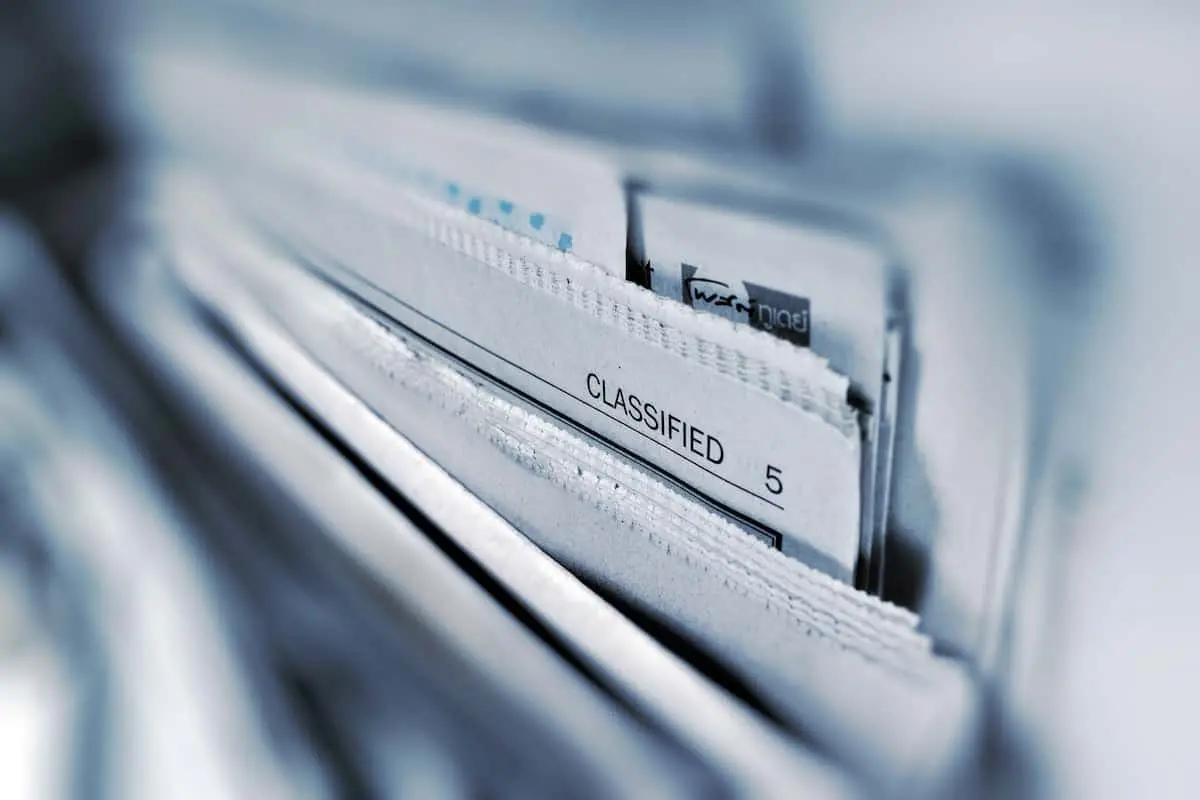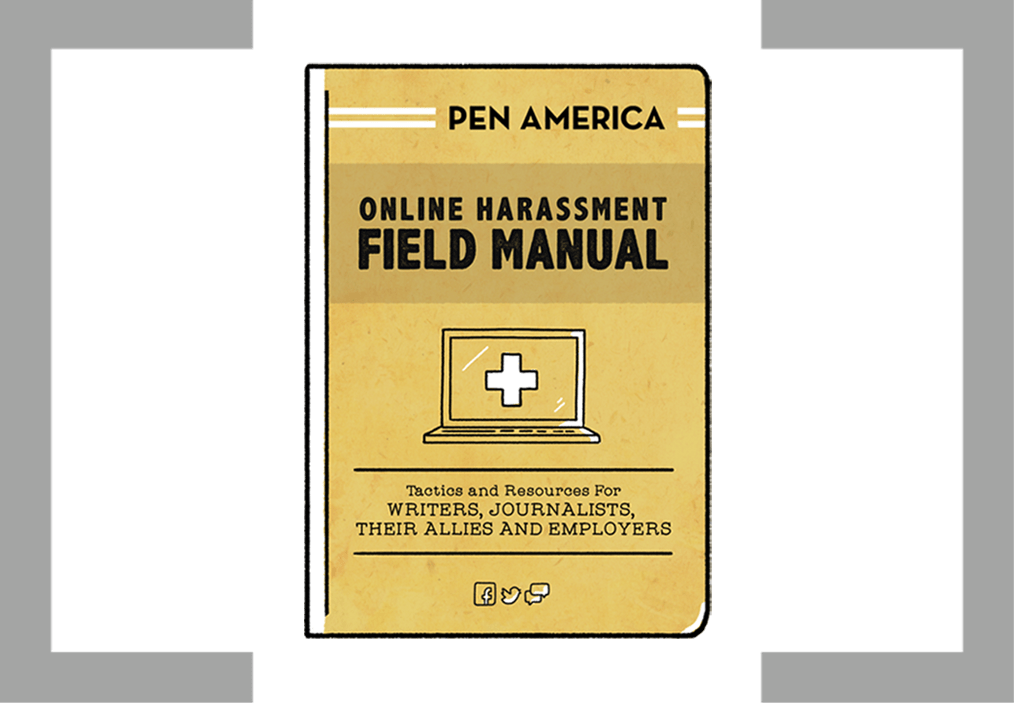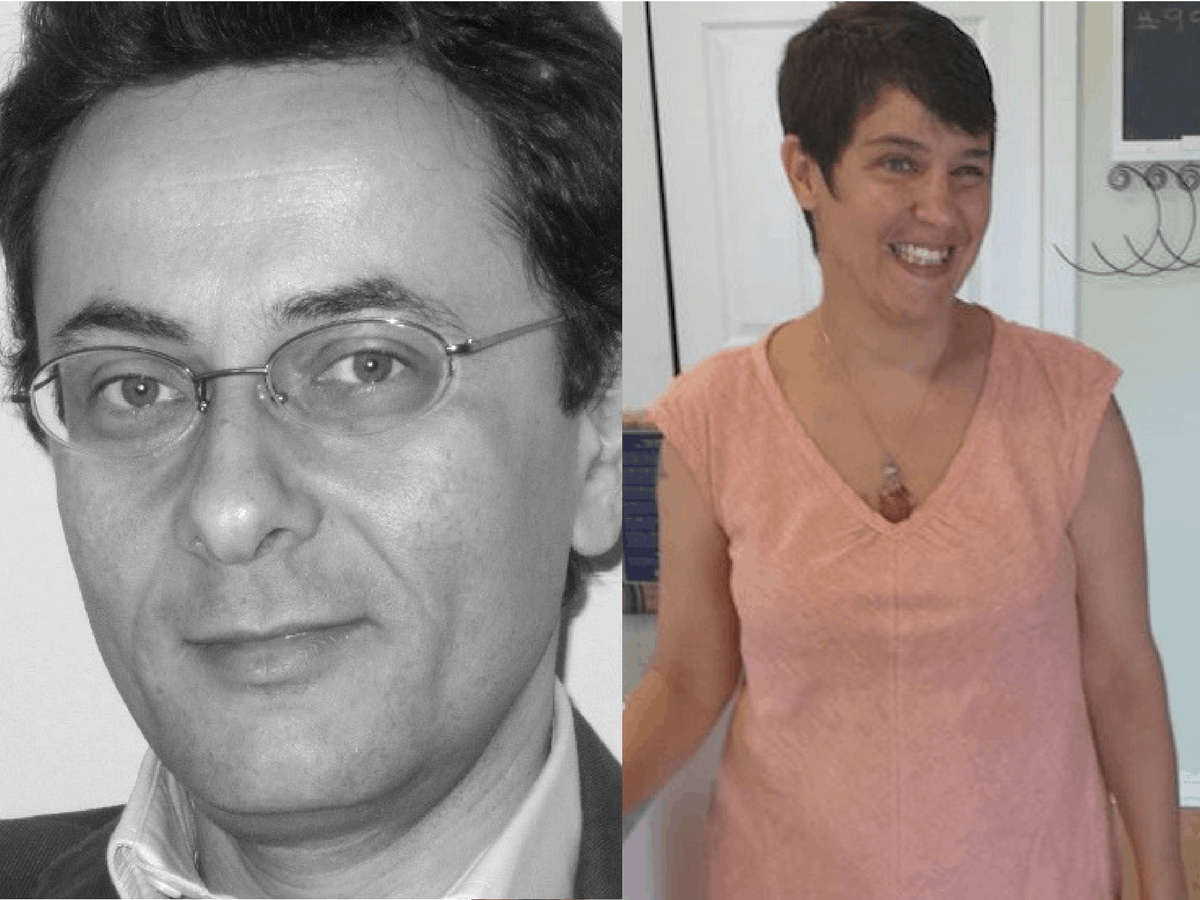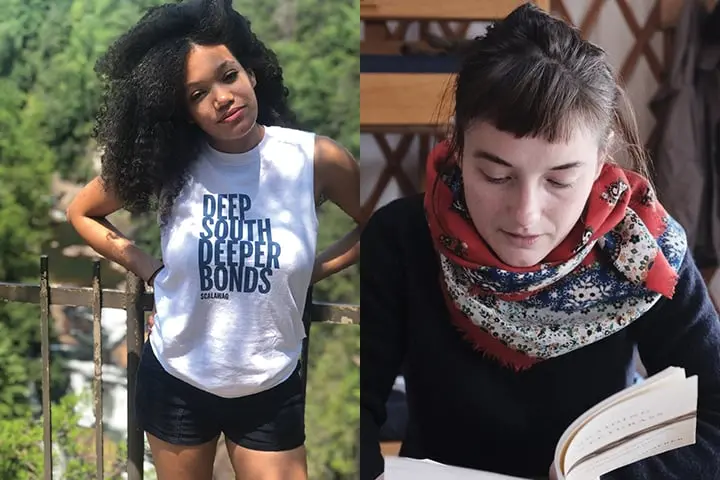
This Q&A is part of Local Heroes: Journalists Covering COVID-19, PEN America’s series spotlighting local journalists across the country in celebration of World Press Freedom Day 2020, elevating the importance of a free, vibrant, and inclusive press.
Name: Alysia Harris and Anna Simonton
Outlet: Scalawag Magazine
City: Atlanta, GA and Durham, NC
What do you want your readers to know about what goes into the coverage they’re relying on?
First and foremost, our readers should know that we want our contributors to be safe. Reporters have had to adjust because the work really requires making connections and spending time with sources. So much of good ethical storytelling depends on building a relationship of trust, but right now reporters just can’t risk meeting in person. At Scalawag, we actually had a few reporters indicate that they wanted to continue meeting with new sources face-to-face, and we flat out said no. Even as we want to inform our communities about what is happening, we must be safe and responsible in the way we go about doing our jobs.
I would say that during the COVID-19 crisis, our coverage has become more collaborative than ever. And that’s a good thing. We are working with many more of our partner organizations around the South—and forming new relationships with more organizations every day—to get readers actionable information to help them deal with the political, economic, and personal fallout of this crisis. When we publish a COVID-19 related story, we ask how can this empower people right now to protect their families, to advocate for their rights as workers, or organize with their neighbors for housing protections.
Editors and journalists don’t have the answers to fix what’s going on right now, but the Scalawag team is bringing the full weight of our networks within media and within movement to bear in order to make sure that readers hear from the folks who have been creatively mobilizing and seeing wins in the midst of other dire situations. The politically-convenient divide between activism and journalism can no longer be maintained in the wake of COVID-19. In our estimation, responsible coverage is coverage that gives our people tools to survive. So, beyond the listening, time, energy, and dollars that it takes to produce our content, this is the framing that guides all of Scalawag’s work in this moment.
“When we publish a COVID-19 related story, we ask how can this empower people right now to protect their families, to advocate for their rights as workers, or organize with their neighbors for housing protections.”
How have the advent of the COVID-19 outbreak and social distancing requirements changed your reporting and the way your newsroom operates more broadly?
We’re a community-driven news publication, so it’s always been one of our core values to maintain practices that are responsive to our communities. As the pandemic began to escalate, our newsroom immediately discussed how to best meet the needs of the communities we serve amid the crisis. Housing and job insecurity are two of the biggest issues our folks are dealing with, so we decided to shift gears to use a wider variety of formats to deliver actionable information. Instead of just assigning stories like we usually do, we organized a webinar series where experts offer practical advice on things like negotiating with landlords and organizing coworkers to win health and safety protections on the job. This platform allowed us to put folks in direct contact with experts who could answer their questions. It also allowed them to network with each other for greater solidarity. As a follow up, we packaged the recordings into resource guides that are available on our website.
This was a big stretch for us because we typically publish evergreen stories that develop over a long timeline. The COVID-19 outbreak requires us to become nimbler and timelier in our responses to the immediate needs of our communities.
Are there any stories or communities that you feel are underreported in regards to the COVID-19 crisis? Similarly, what non COVID-19 stories have you seen shelved or ignored because of the hyper-focus on the current crisis?
Scalawag focuses on communities in the South that are often underrepresented in news media, including Black and brown, queer, and working-class communities. As with other issues, these communities are either largely left out of COVID-19 coverage, or they’re reported about in ways that don’t always reflect their experiences or meet their information needs. Some of the issues that matter most to our communities are also getting short shrift as the pandemic dominates the news.
“There’s also a void where critical coverage of state and local elections should be. We’re seeing sweeping policy changes, like a suspension of EPA regulations, without in-depth coverage of how frontline communities will be affected. And stories about arts and culture that bring necessary context and new lenses to how we view the world are getting sidelined.”
Carly Berlin, a regular contributor to Scalawag who has also been covering mutual aid responses to COVID-19, said she would like to see more coverage at the intersection of COVID-19 and incarceration/detention:
There’s also a void where critical coverage of state and local elections should be. We’re seeing sweeping policy changes, like a suspension of EPA regulations, without in-depth coverage of how frontline communities will be affected. And stories about arts and culture that bring necessary context and new lenses to how we view the world are getting sidelined.
We’re working to “re-home” some of these important stories that our contributors were working on that other outlets shelved, like an investigation into North Carolina’s Missing and Murdered Indigenous Women crisis. Yes, the pandemic needs to be front and center in the news at this time, but we also can’t lose sight of the many ongoing struggles that it’s our job to cover.
Our outlet is here not only to provide information, but also to provide the critical context for interpreting the South in all its complexity. We can’t stop producing content about gentrification, artwashing, food apartheid, or historic examples of environmental racism because these are the stark conditions in which the COVID-19 crisis is unfolding for so many of our folks.
What stories have you reported on that have given you the most hope?
Carly Berlin compiled a roundup of mutual aid efforts throughout the South. From Virginia to Texas, her story gave us a birds-eye view of the incredible ways communities are mobilizing to help each other get through this crisis. There are so many ways that everyday people are taking action, from delivering groceries and supplies to people in quarantine, to collecting funds for people who have been laid off. It was inspiring not only to see the breadth of mutual aid in the South, but to also play a role in connecting people with opportunities to give and receive support.
“Our outlet is here not only to provide information, but also to provide the critical context for interpreting the South in all its complexity. We can’t stop producing content about gentrification, artwashing, food apartheid, or historic examples of environmental racism because these are the stark conditions in which the COVID-19 crisis is unfolding for so many of our folks.”
What books, poems, podcasts, or other creative media have you been turning to for comfort or inspiration?
The Collected Works of Lucille Clifton. A poet, survivor, and great vessel of hope without equal! There is so much talking going on right now, but Aunty Lucie knew how to say a lot with silence. She left space for all the context to come through. And that’s what we need right now, a voice that can dip down into the heart-racing flux of what is happening but also hover above it, whisper assuringly into it.
What can your readers do to support their local journalists, besides subscribing?
Besides supporting local and regional outlets that employ journalists and freelance writers, folks can support by really keeping their ear to the ground. Because mobility is now restricted, it’s difficult to meet with sources face-to-face and build the relational trust that undergirds our work. That’s why it’s great for readers to be active in this moment and get in touch with outlets and reporters directly. Email, tweet, tag. Tell us your questions, suggestions, and story ideas. Conditions are changing rapidly due to COVID-19, but the more we hear from folks in our communities, the more we’re equipped to serve them with stories and resources that meet their specific needs.
About Alysia Harris and Anna Simonton
Alysia Harris, Ph.D. is a poet, performer, and linguist. She serves as the arts & soul editor at Scalawag Magazine and lives in Atlanta.
Anna Simonton is the state politics editor for Scalawag Magazine based in Atlanta, where she was raised. She is a freelance writer.
Scalawag Magazine is a nonprofit impact-driven magazine dedicated to Southern movements, stories, politics & culture.
Examples of Coverage
- Beyond Rent Strikes: Understanding eviction laws in the South, by Alysia Harris
- We don’t want to die here.’ Detained immigrants protest amid pandemic, by Carly Berlin
- Detainment centers are not equipped to handle the coronavirus, experts say, by Anna Simonton
- COVID-19: An extensive—and growing—list of political demands in the South, by Danielle Purifoy

